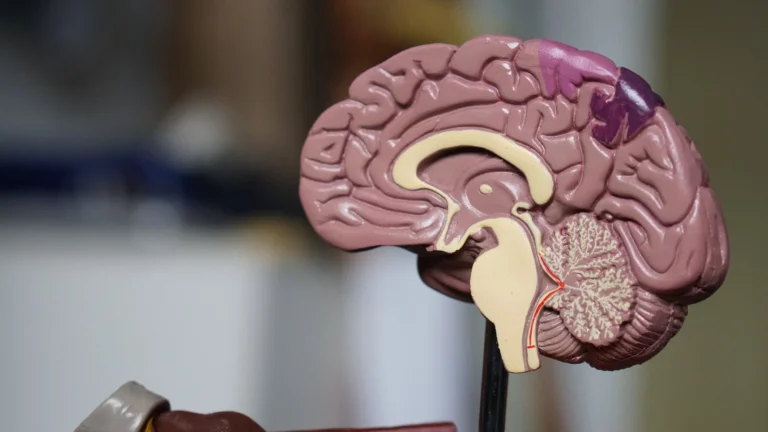Navigating Christmas when a loved one has an eating disorder
Around this time of year, many blogs are written aimed at people who are struggling with an eating disorder, to help them navigate the Christmas period. Links to previous blogs we have written at Christmas can be found HERE.
This year however, we wanted to acknowledge the families and friends of those suffering. It is well recognised that Christmas can be an incredibly stressful and anxiety provoking time of year for people at almost all stages of having an eating disorder, illness or recovery. There is far less guidance however that is aimed at the loved ones of a person struggling with an eating disorder. We decided to focus our Christmas blog this year on how the families of those struggling with disordered eating can best manage Christmas – both in terms of supporting their loved one, but also in terms of their own coping. The importance of caregiver and family support is gaining recognition within Eating Disorder services, however it remains an incredibly difficult road to navigate, and Christmas is by no means an exception to this.
Below are a few tips that may be helpful for families and caregivers to think about to help themselves and their loved ones navigate the festive period.
- Recognise and acknowledge that Christmas can be a really difficult time for those struggling with their relationship with food. Most social events around Christmas involve both different types of food, and often more food. Whilst this is enjoyable for many people without an eating disorder, it can trigger huge amounts of anxiety, guilt, self hatred and a sense of loss of control for those with an eating disorder. Recognising this and not expecting them to manage Christmas easily can be helpful for both your loved one and you.
- Sit down with your loved one in advance and make a plan for managing food and / or symptoms over the Christmas period. Try to make this a collaborative task as much as possible, and provide encouragement, ideas and listen to what they anticipate they may find hard so that challenges dont come as a surprise to either you or your loved one.
- Talk to your loved one about anything they are concerned about in relation to seeing extended family members. If it’s helpful to your loved one, ask family members not to comment on eating or weight, either their own or that of your loved one. Comments such as ‘you look so well’ or making comparisons to previous years can be hugely triggering for individuals with an eating disorder. For extended family it is likely to be best to avoid all comments related to eating, weight or appearance altogether and as with all times of year any diet and weight loss talk should be banned.
- Check in regularly – try not to ignore the eating disorder or what your loved one may be going through. Find the right times to check in with them, ask them if they are finding anything difficult or if there is anything else they need from you to help support them. Providing love, encouragement and support is invaluable at this time of year.
- Be aware that your loved one may value support following a meal. There may be a tendency to isolate after a meal, or urges to compensate for food eaten may be particularly strong following a larger meal. Plan in advance what you can do to support your loved one during this time – watching a movie, playing a game or getting out of the house for a gentle walk may be helpful in distracting your loved one and helping them to ride out any urges to compensate.
- Keep Christmas simple and with a clear structure. This may be especially important if your loved one is early on in their recovery or has recently been in a structured treatment approach such as inpatient or day patient treatment. Try to keep the structure of the day as close as possible to a structure they are used to – plan timings and meals in advance so that your loved one knows what to expect and can prepare for this. Again depending on the stage of recovery for your loved one it may not be the year to invite lots of extended family, a smaller Christmas may be appropriate and easier for all to manage this year.
- Don’t expect yourself to always get it right – supporting an individual with an eating disorder is an extremely difficult task. It is impossible to always say the right thing or to know exactly what your loved one needs. Show compassion to yourself, foster realistic expectations and keep communicating with your loved one – try to understand what is happening during times when you have and haven’t got it right – let them know that you are trying and that you are open to their guidance about what helps and what doesn’t.
- Look after yourself – it can be very easy to focus all of your attention on your loved one and their needs, however this is exhausting and shouldn’t be done to the detriment of your own needs. We know that there are very high rates of mental health difficulties related to supporting an individual with an eating disorder. Think in advance, not only about your loved ones needs but also your own needs. Take time for yourself and foster self care, acknowledging your own needs and coping mechanisms is important.
- Remember that compromises may need to be made on both sides. It is your Christmas too and it shouldn’t be dictated entirely by the eating disorder. It is important to consider yourself and other members of your family as well as your loved one. Whilst adaptations may need to be made, not everything has to change because a loved one has an eating disorder. Watch the movies you want to, play the games you want to, and eat the food you want to, just be aware that your loved one might struggle to do the same.
- If there are things that are proving particularly difficult for either you or your loved one it might be helpful to keep a record of these things so that they can be thought about in treatment or therapy afterwards. Remember that there will be other Christmases, not everything has to be perfect this Christmas, and challenges can be useful discussion points when treatment continues following the Christmas period. If your loved one is not in treatment, consider whether this may be helpful next year, and if you think you may need some therapy or additional support yourself, please do plan to access this. It is not only your loved one that is going through an eating disorder – the whole family will be affected.
We hope that the above tips have been helpful. Christmas can be an extremely challenging time of year for both eating disorder sufferers and their families, but help and support is available, and if this Christmas doesn’t go to plan, there will be other Christmases. And to all of those individuals about to embark on their first Christmas in recovery – we hope you enjoy the new found freedom that recovery has enabled you to have.
With our best wishes for this festive season,
All of The London Centre team.
If you wish to book an appointment, please click here.








